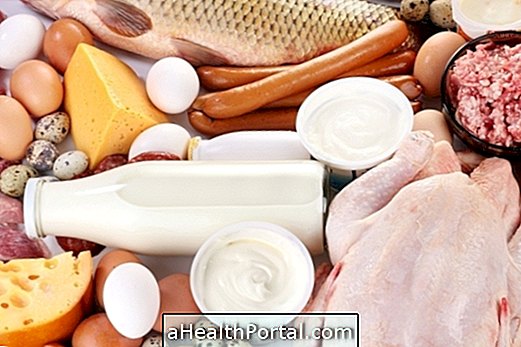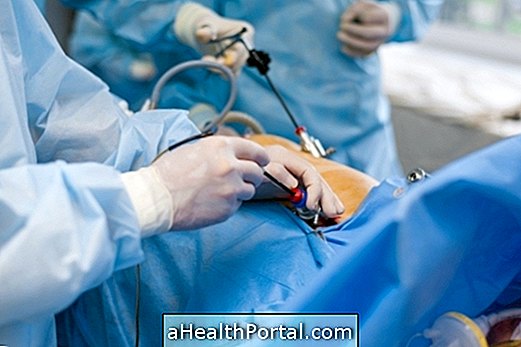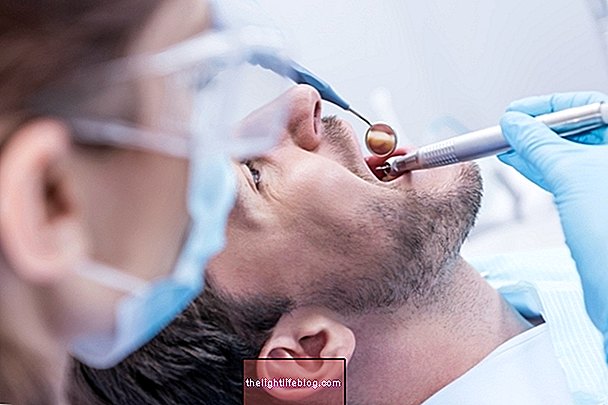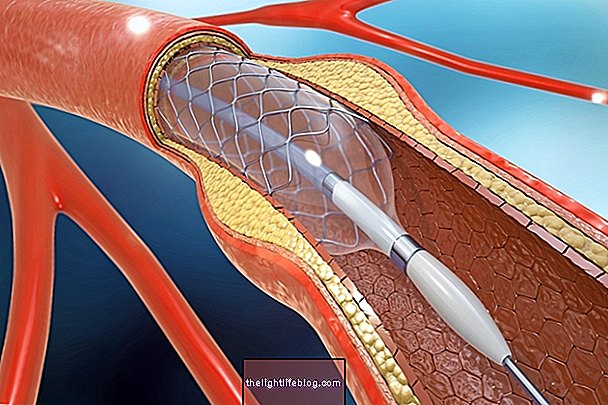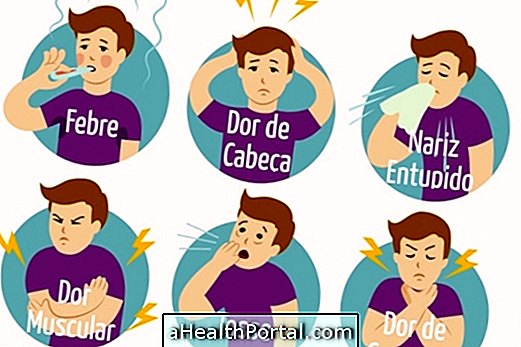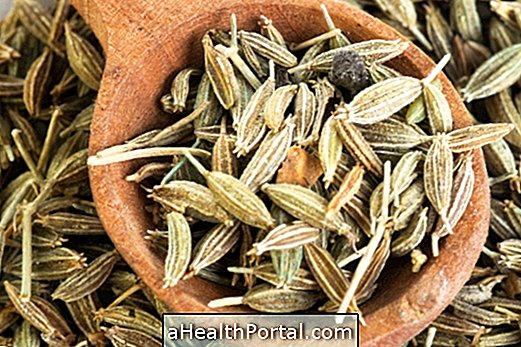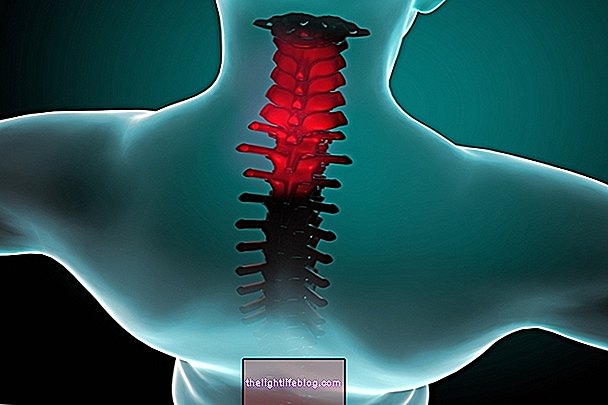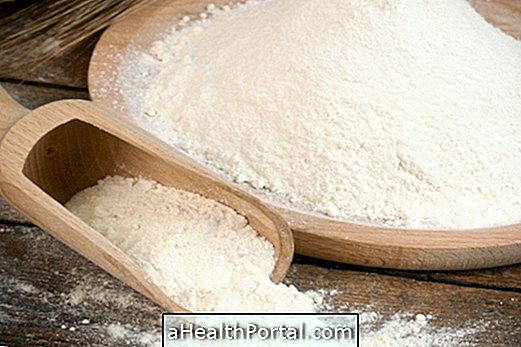Feeding can improve healing and prevent inflammation in the skin, leaving the tattoo more beautiful.
So when getting a tattoo it is important to avoid foods like fried foods, processed meats like sausage, sausage and ham, and alcoholic beverages, as they are examples of foods with high inflammatory power. See further below:
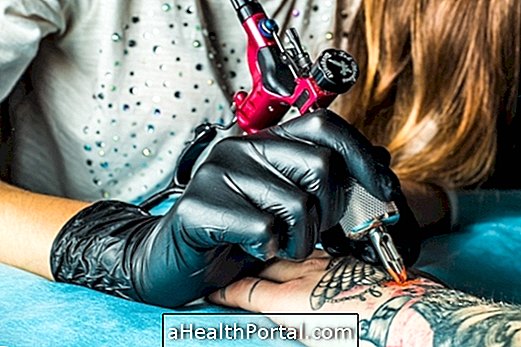
What Not to Eat After Tattooing
The foods that should be avoided after getting a tattoo are those rich in hydrogenated fats, refined oils, sugars and salt such as:
- Soft drinks and juices ready;
- Fries such as chips, pastels and other savory foods, fast food;
- Processed meats such as sausage, ham, sausage, bacon, mortadella and salami;
- Candies, stuffed biscuits, cakes, ready-made pasta for cakes, chocolates, cereal bars;
- Instant noodles, beef broth in cube, frozen ready meal, ice cream;
- Alcoholic beverages.
Excessive consumption of these foods increases inflammation and hinders the healing process of the skin, and can also lead to other health problems such as headaches, high cholesterol and diabetes. Ideally, these foods should not be consumed for at least 1 week after the tattoo.

What to eat to speed healing
To accelerate the healing process of the skin, one should consume foods rich in antioxidants and anti-inflammatory compounds, such as omega-3. Among the most antioxidant foods are: tomatoes, red fruits, citrus fruits like orange and acerola, and herbs such as garlic, onion and safflower.
Anti-inflammatory foods are those rich in good fats such as nuts, avocados, salmon, tuna, sardines, olive oil, peanuts, flaxseed, chia, and sesame. In addition, taking 1 to 2 cups of anti-inflammatory teas will also help in healing, and you can use herbs like chamomile, ginger and rosemary. See more tips on anti-inflammatory feeding.

Care beyond feeding
In addition to caring for food to ensure proper skin renewal with the tattoo, others also need to take other care like washing the place with antiseptic soap for at least 2 weeks, avoid sunbathing and not get into the sea or the pool for at least 2 months.
Finally, one should look for a reliable place to do the tattoo, which is allowed to perform and in which the material used during the procedure is totally sterilized, as this is essential to avoid the transmission of diseases such as hepatitis and AIDS. See other risks and care with the tattoo.
